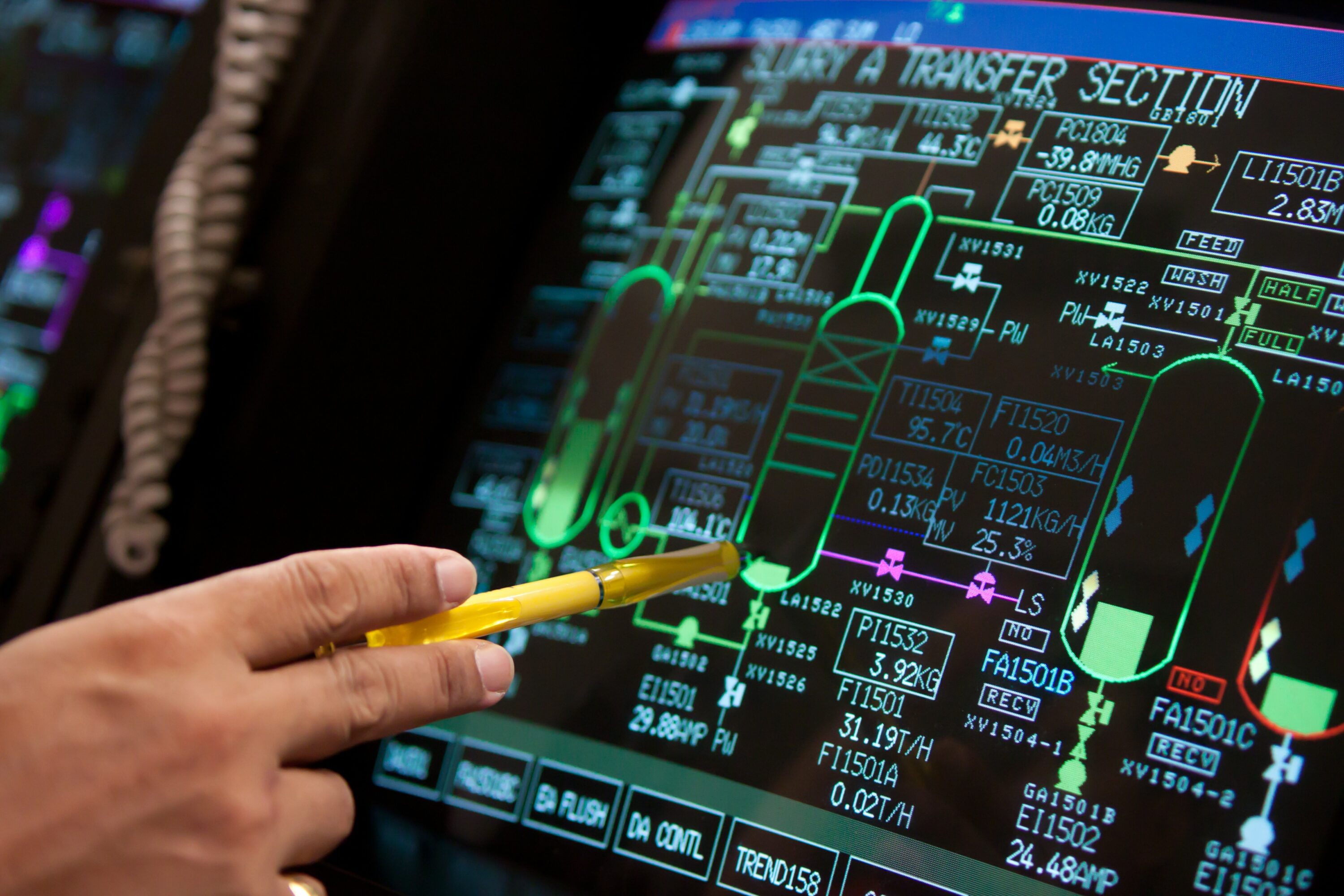Automation conjures up images of robotic hands doing the work of humans; we don’t necessarily associate it with the accounting profession. However, new technology is being developed every day to improve the time it takes to enter, gather and interpret accounting data. But what are the implications of automation for a highly competitive and respected professional like Certified Public Accountants? Will technology make the certification obsolete in the future as we move toward a more automated future?
The short answer is no. Despite the fear of automation, CPAs are in a position to advance as technology increases, and continue to ensure the integrity of financial information within an automated environment.
Automation can’t replace critical thinking
Accounting automation comes in many forms, with robotic process automation (RPA), optical character recognition (OCR) and computer assisted auditing tools and techniques (CAATT) leading the way.
RPA reduces the need for staff to perform repetitive tasks by capturing, manipulating and interpreting transactional data. OCR helps to automate tax preparation and CAATT software help auditors perform auditing at much faster rates. Outside of these three automations, there are various other software developed both in-house at CPA firms and by external companies to speed up the accounting process.
However, while automation and data processing can spit out a “what” for us, it doesn’t necessarily answer the “why.” The main job of a CPA is to help others understand financial information. Putting tax returns together, performing the grunt work of an audit or inputting data are all menial tasks required by the profession, but people hire CPAs to help them plan, prepare and understand. These functions can be aided by a computer, but they can’t be performed in their entirety.
As time goes on and automation becomes a larger part of our lives, CPAs need to not only learn to think critically, but continue to develop these skills as they grow in their position. In 2017, the AICPA responded to this need by adding two new skills levels to the CPA exam: Analysis and Evaluation. It’s these skills that will help CPAs become indispensable in an increasingly automated future.
Removing human error doesn’t remove all errors
Despite the reduction in error resulting from the elimination of human input, there is still a chance something will go wrong. Software can malfunction, or it can be hacked by outside persons or organizations. CPAs will need to be there in order to develop and monitor quality control standards for technology. Internal control audits will become more imperative to the structure of a company, and the monitoring of final documents will continue to be a job for CPAs.
Tax issues are complicated and need human attention
The Tax Cuts and Jobs Act introduced a new tax web to navigate, and tax laws are being updated and implemented on a daily basis. Between sales tax, income tax and other major business and personal taxes, software simply can’t keep up and take the place of the dedicated attention of a CPA. Until an AI is developed representative of Data in Star Trek: The Next Generation, CPAs will continue to be the backbone of the tax profession.
How CPAs can meet the challenge
Although automation conjures up pictures of doom and gloom, for the Certified Public Accountant it simply shifts the focus (and the jobs) to higher skill level tasks. Doors are opening up in the IT audit environment and automation provides plenty of work for the CPA on an individual or corporate level. CPAs will be doing fewer menial tasks, such as “number crunching,” and more high-level tasks, such as CFO consulting.
CPAs and future CPAs will need to consider that the field is changing, and they need to be able to adapt to that change as time goes on. This may come in the form of changing workflows, changing practice areas, or changing careers. CPAs may be able to go into software development surrounding their practice areas, or be involved in automation within their organization. The opportunities are truly endless for anyone willing to keep up with changes happening in the industry as technology becomes more integrated.
Those wishing to get a head start would do well to earn their CPA credential and then specialize by getting a CISA certification, or other certification associated with information technology.
The CPA credential will still be valuable across industries and globally, but the focus of the credential will change. If you’re setting your sights on becoming a CPA, prepare for a winding career path filled with growth, learning, and surprises.
Surgent CPA Review is the No. 1 Exam prep for today’s CPA candidates. Smart, award-winning adaptive software is enabling candidates to pass all four sections of the exam in the time it would take to pass just one section with another review provider.
Want to try Surgent for yourself?
Sign up for a free five-day trial!
Megan Bierwirth graduated from the University of Kentucky in 2013 with a bachelor’s degree in accounting and passed the CPA exam within six months of graduation. She worked in both public accounting and industry while becoming a CPA and now runs a virtual bookkeeping company focused on preventive, integrative and complementary medicine professionals.





